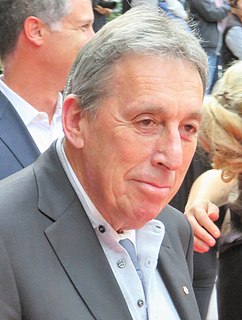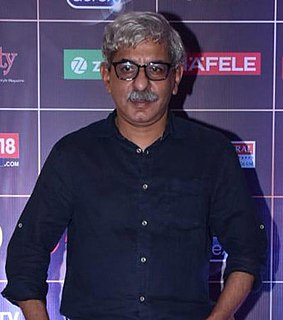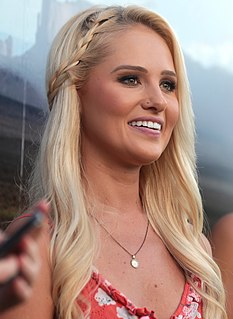A Quote by Victor LaValle
Social media give me the privilege of learning about more people than I could meet in my whole life. Taken together, the Internet reads like the grandest character-driven novel humanity has ever known. Not much plot, though.
Related Quotes
I don't revise a lot when writing short stories. As far as the novel, I definitely thought more about plot. Honestly, I'm still pretty confused about what "plot" means. I've been reading some of my Goodreads reviews and one reader noted that the The Last Days of California "reads like a short story stretched to the breaking point, padded and brought into novel range..." I don't know what people want, really.
On social media, like on Instagram and stuff that I post, and the way that I view myself, and portray myself on there, that's definitely a much more personalized take. I'm not collaborating with people to make that, it's my own social media platform in which I'm - it's not a character, it's just me.
The thing about social media is that it is anonymous, so it can be much more vitriolic and extreme than normal media and yet it is there for everyone to see. It is kind of like electronic graffiti. The political process is accelerated and intense in a way that I don't believe it ever really has been before.
There's been an amazing backlash for the last decade in America: political correctness. In many ways, I think that, while we've been remarkably violent in our media, there's been a real schizophrenia. In private, on the Internet, and on public-affairs shows or talk radio, we're way more explicit than we've ever been. But traditional Hollywood has been much more frightened than it ever was in the '70s about presenting things that could be perceived as politically incorrect.
Though we feel extremely connected through all this technology [social networks], there's also this disconnect that happens. Because you're not actually talking to anyone. You're not actually meeting them for coffee. To me, social media is about "you". It's like, "Well, twenty people like this thing I said", so that's about me.



































